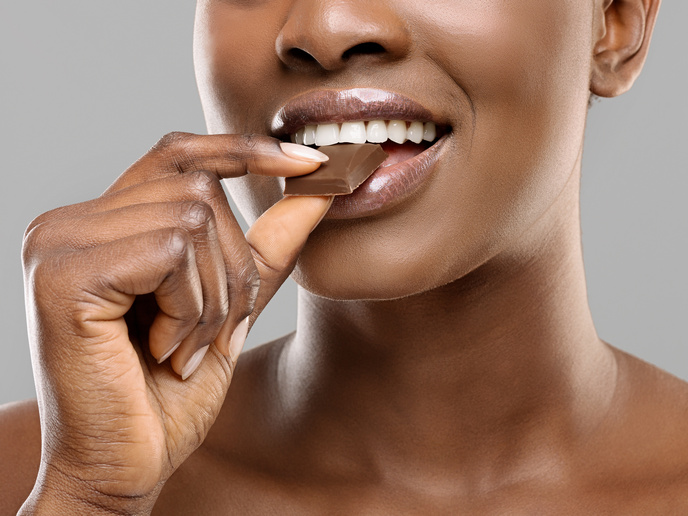A smart headband decoding your sleep
Lack of quality sleep has been recognised as a ‘public health epidemic’(opens in new window) and linked to medical issues ranging from hypertension to diabetes and depression. Understanding what’s going on in the sleepers’ brain can help to identify the causes of sleep disorders and address or prevent related health problems. “Accurate and easily accessible diagnostics are the foundation to help people with poor sleep,” says Jens Klinzing, neuroscientist and sleep innovation manager at Bitbrain(opens in new window). The Spanish neurotechnology company has developed a technological solution delivering just that. It consists of a wearable device linked to a mobile app delivering fast and reliable sleep analytics.
A headband keeping tabs on brain activity
Thanks to the EU-funded BetterSleep project, the Bitbrain team has been able to take decisive steps towards making these technology-powered diagnostic tools available to those affected by sleep disorders, and their doctors. “Imagine the device as a super ergonomic headband, like the ones tennis players wear,” Klinzing explains. “To record your sleep, you put on the headband, start recording on our easy-to-use mobile application, and go to sleep as usual.”
Sleep diagnostics powered by AI, understandable by everyone
The results are made available quickly and securely to those who need them: “The device will transfer the data automatically to our secure data servers. Soon after, you, and if applicable also your doctor, will receive a detailed analysis, telling you all the information you need about your sleep, in a language you can understand.” The EEG-based(opens in new window) brain sensing device uses artificial intelligence to analyse sleep recordings. Its advanced algorithms extract sleep structure, quality, and a series of other sleep metrics from the data. “We have shown that our algorithms achieve accuracies in judging sleep structure based on brain activity that is on par with the medical gold standard, which is manual sleep scoring by experienced experts,” Klinzing notes.
A dedicated sleep laboratory
The BetterSleep project also enabled Bitbrain to establish their own sleep laboratories, where they further explored and perfected the technology and assessed its market potential. They also planned related developments for the coming years. As a result, the Bitbrain team is about to start several clinical trials to show the safety, efficacy and usability of the technology. “This will be a crucial step in acquiring medical CE mark certifications and eventually entering both the recreational and medical sleep market,” Klinzing concludes.







